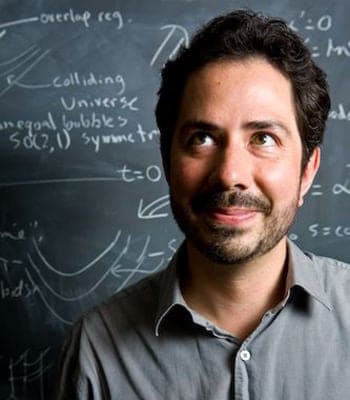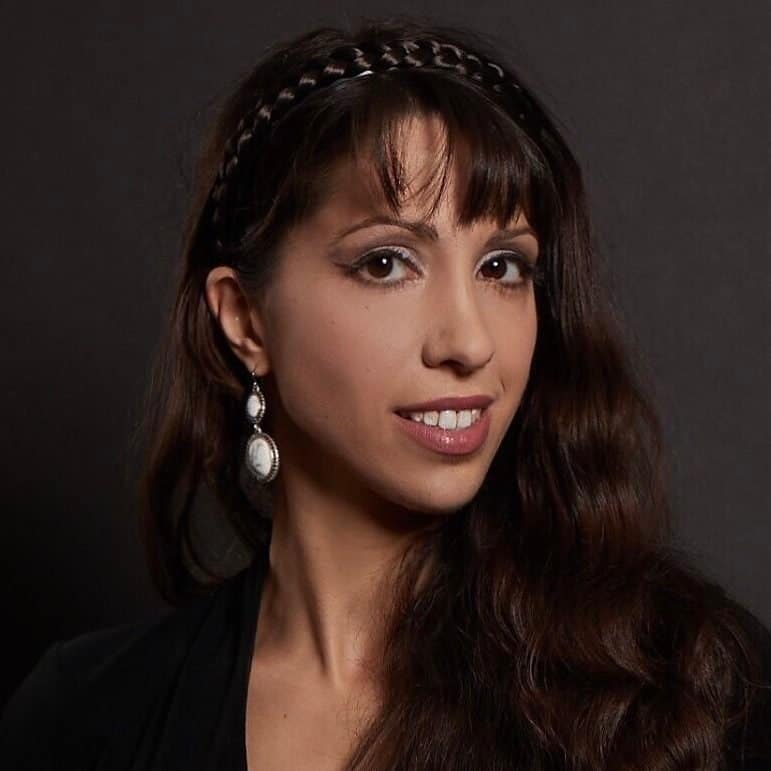Jaan Tallinn | Skype

Contents
Jaan Tallinn | Skype
Co-founder
What do we need to do to be prepared for future pandemics?
It feels to me that the most general component of preparedness would be to have protocols in place for tracking and limiting the contagion. for example, quickly deployable tools and policies for contact tracing as well as social isolation. That plus pre-agreed ability to accelerate clinical research by making different safety tradeoffs than “peacetime” research.
What can we learn from COVID-19 about other catastrophic risks like nuclear war, AI, etc?
I think the most important lesson here by far is that humanity will have species-wide emergencies in the future, so being dismissive about “tail risks” is myopic and harmful.
What can we learn from COVID-19 about how to make humanity more resilient in general?
My hope is that COVID-19 will function as a “minimum viable catastrophe” (Tim Urban just wrote a great story about that) that would make people and governments more enthusiastic about initiatives that are aimed at reducing global catastrophic risks (GCR-s) and existential risks (xrisks).
About the Future of Life Institute
The Future of Life Institute (FLI) is a global think tank with a team of 20+ full-time staff operating across the US and Europe. FLI has been working to steer the development of transformative technologies towards benefitting life and away from extreme large-scale risks since its founding in 2014. Find out more about our mission or explore our work.
Related content
Other posts about COVID-19

Yi Zeng | Chinese Academy of Sciences/BAAI

Anthony Aguirre | UC Santa Cruz

Emilia Javorsky | FLI

